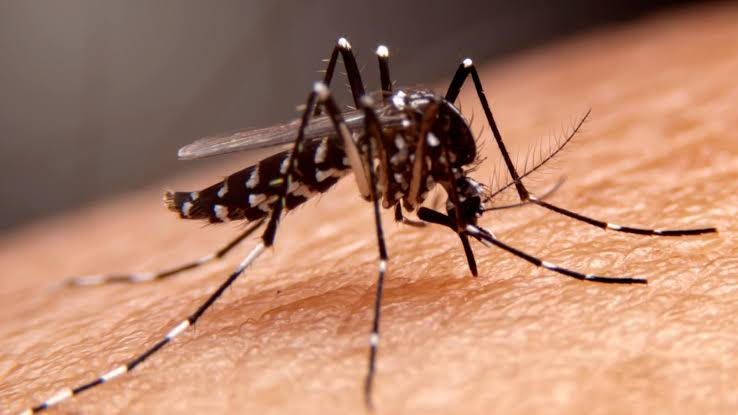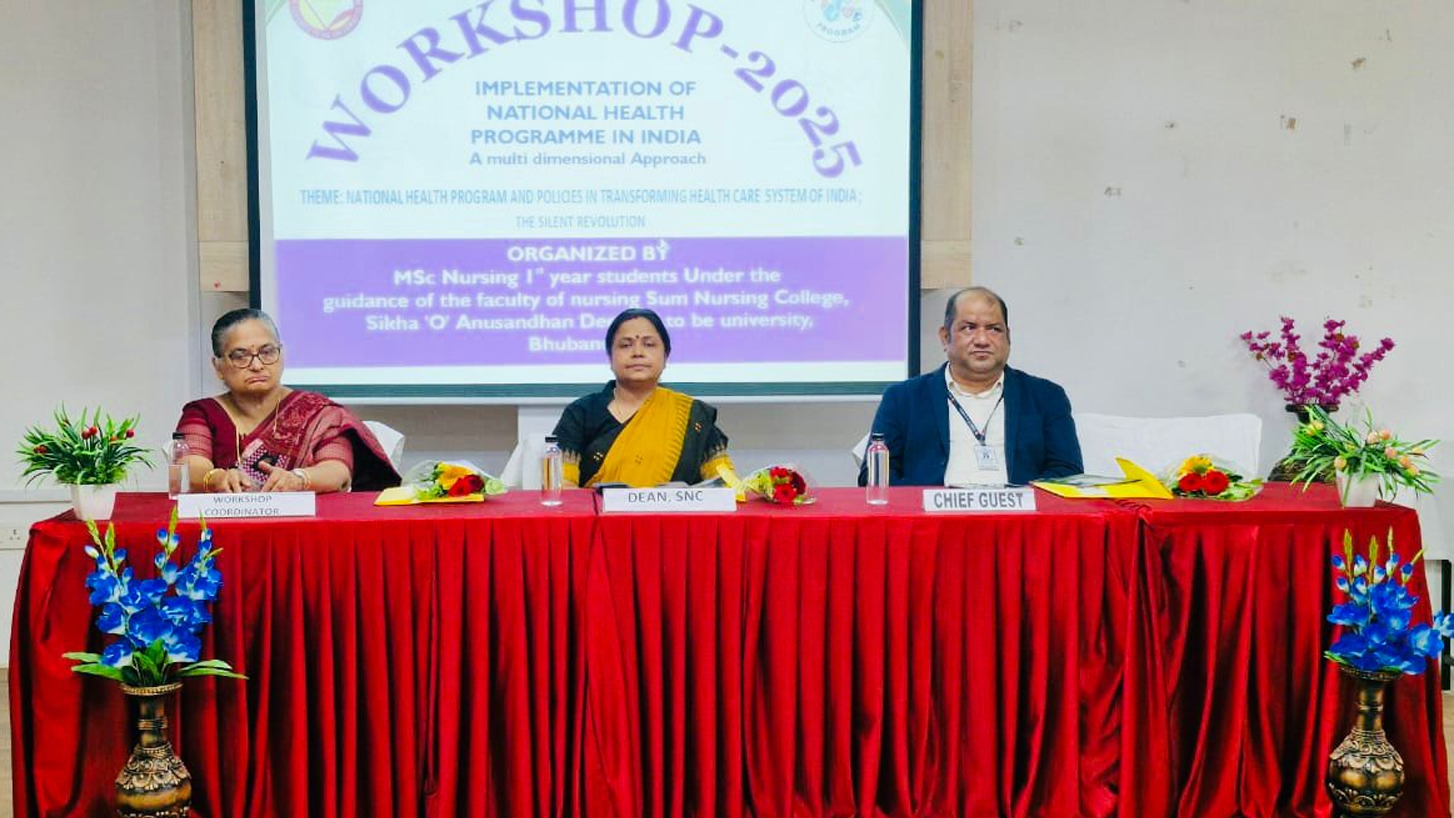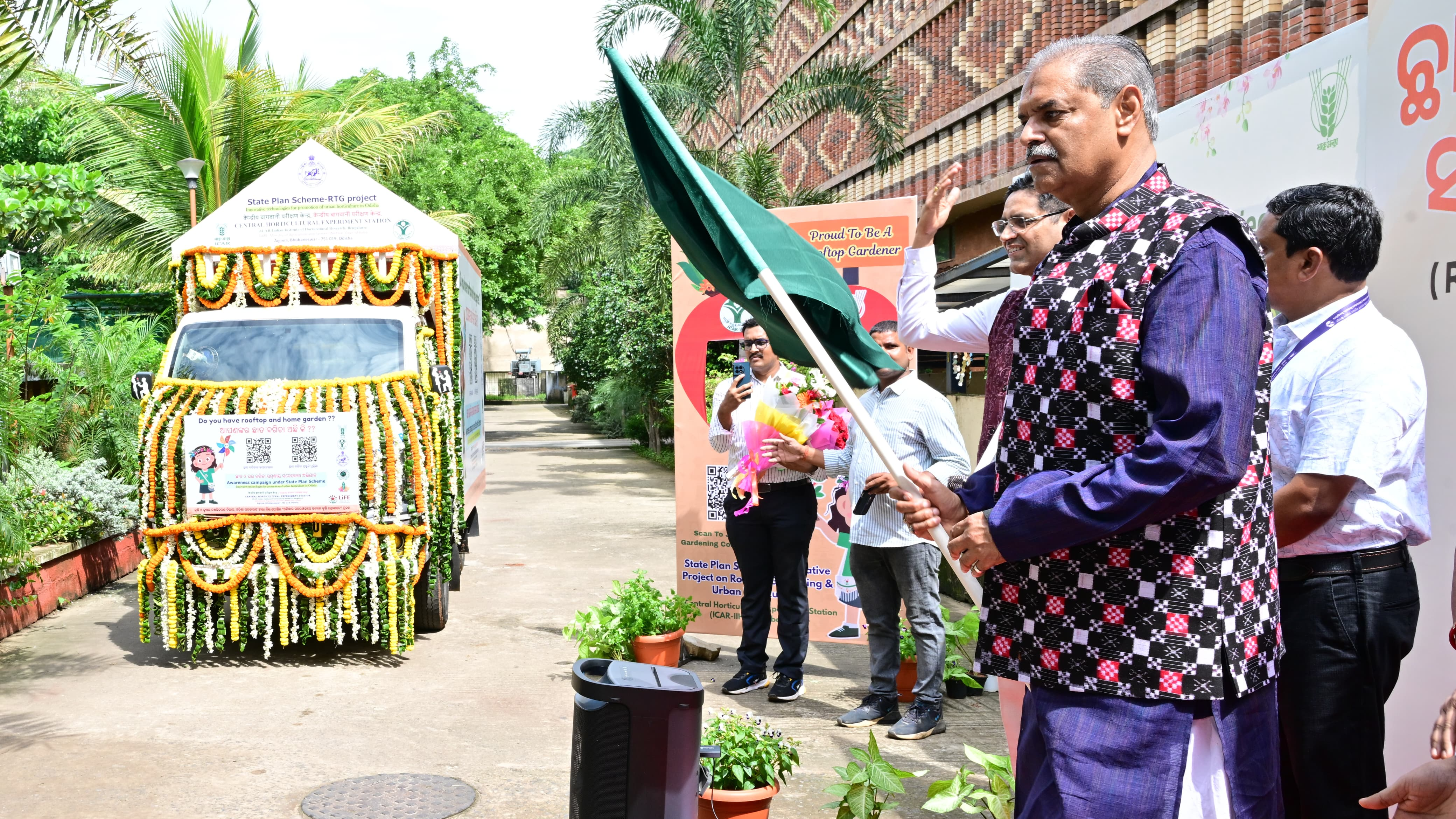Every year, World Malaria Day on April 25th serves as a reminder of the ongoing battle against one of the oldest and deadliest diseases known to humanity. Despite significant progress in recent decades, malaria continues to claim hundreds of thousands of lives annually, with the majority of victims being children under the age of five in sub-Saharan Africa. As we observe World Malaria Day in 2024, it's essential to not only acknowledge the progress made but also to identify key factors that contribute to the reduction of malaria risk.
Malaria is a mosquito-borne infectious disease caused by parasites of the genus Plasmodium. While it is primarily transmitted through the bite of infected Anopheles mosquitoes, certain factors can either increase or decrease an individual's risk of contracting the disease. By understanding and addressing these factors, we can further advance efforts to control and eventually eliminate malaria worldwide.
Here are some crucial factors to consider:
1. Mosquito Avoidance: One of the most effective ways to reduce malaria risk is to avoid mosquito bites altogether. This includes using insect repellents, wearing long-sleeved clothing, and sleeping under insecticide-treated bed nets, especially in malaria-endemic regions.
2. Environmental Management: Mosquitoes breed in stagnant water, so eliminating potential breeding sites such as puddles, stagnant ponds, and uncovered water containers can significantly reduce mosquito populations and consequently, malaria transmission.
3. Access to Healthcare: Timely diagnosis and treatment of malaria are essential for preventing severe illness and death. Improving access to healthcare facilities, especially in remote and underserved areas, can ensure that individuals receive prompt medical attention when they become infected.
4. Community Engagement: Engaging communities in malaria prevention and control efforts can foster ownership and sustainability. Community health workers play a vital role in educating the public about malaria prevention measures, distributing bed nets, and promoting early treatment seeking behavior.
5. Socioeconomic Factors: Poverty, lack of education, and inadequate housing contribute to increased malaria risk. Addressing underlying socioeconomic inequalities through targeted interventions, such as poverty alleviation programs and improving access to education and housing, can indirectly reduce malaria transmission.
6. Climate Change: Climate factors, such as temperature and rainfall patterns, influence the distribution and abundance of malaria vectors. Implementing adaptive strategies to mitigate the impacts of climate change on malaria transmission, such as early warning systems and vector control measures, is crucial for long-term malaria control efforts.
7. Drug Resistance: The emergence and spread of drug-resistant malaria parasites pose a significant threat to malaria control and elimination efforts. Continued research and development of new antimalarial drugs, as well as surveillance to monitor drug resistance patterns, are essential for maintaining the effectiveness of malaria treatment.
On this World Malaria Day, let us reaffirm our commitment to combating malaria and protecting the most vulnerable populations from this deadly disease. By addressing the factors that contribute to malaria transmission and implementing evidence-based interventions, we can move closer to achieving the ultimate goal of a malaria-free world. Remember, every action, no matter how small, counts in the fight against malaria.

















































